Defeat-ISIS "Flexibility" A Model For Future Threat Response?
)
Ten years on from the formation of the Defeat-ISIS coalition, its American coordinator has hailed its continuing success and suggested it might inform responses to future crises.
In 2014 Islamic State swept across Iraq and Syria, and ISIS controlled much of eastern Syria and northern Iraq — including Iraq's second-largest city, Mosul. It sought to establish a hardline caliphate in the Middle East; in response the U.S. led the Defeat-ISIS coalition to oppose them.
ISIS no longer holds sway over territory, but the ideology espoused by the group continues, said Alan Matney, the United States Department of Defence (DoD) coordinator for the Global Coalition to Defeat ISIS, and he insisted there was still a need for the group.
"I think if we've learned anything over the last 10 years of the coalition, then I would argue that this threat does not go away: It changes and it adapts," Matney said during an interview posted on the U.S. DoD website, adding: "Where we are right now, is we are at a normal and healthy stage where we are adapting, too."
The coalition has changed the focus of its activities from taking back territory to charting Islamic State's next moves. "Groups like ISIS just continually assess what their strengths are, assess what their weaknesses are and try to position themselves to take advantage of that," Matney said. "We do the same."
The coalition is a unique multilateral organization, Matney said. It does not operate on consensus like the United Nations or NATO, for instance. "When the coalition stood up, we chose a different model,'" he said. "Now consensus-based multilateral organizations obviously do great things — and it is worth noting that NATO is a member of the coalition — but this consensus can come at a cost for nimbleness, for flexibility."
He contended that the coalition was far more nimble and quick. "I tell people, 'Every member gets a vote, but nobody gets a veto,'" Matney said. "So, we've had a partner who said, 'Hey, we are not going to support that,' and that is absolutely fine," he said. "There's nothing wrong with a nation not being a part of an operation. But there will be nine or 15 or 20 partners who will be part of it. That's really been powerful."
He claimed this approach has served as an example to other multinational efforts, the Ukraine Defense Contact Group being the latest example.
Matney said: "This is not to say this is the new template for everything, everywhere. But it is something we can point to and say how it worked for us, and how it may be adapted in other circumstances."
- You can read more on the U.S. DoD website
